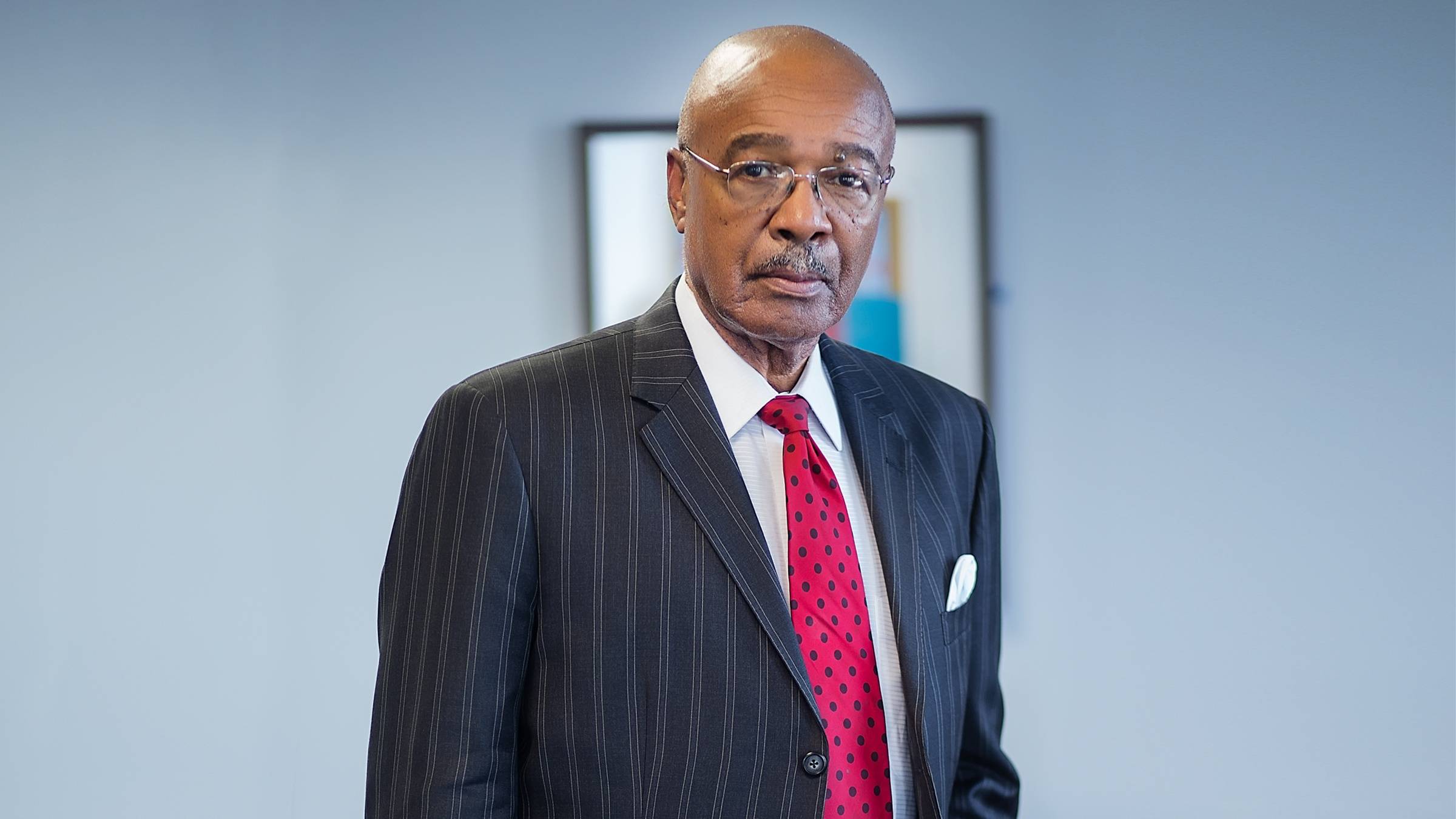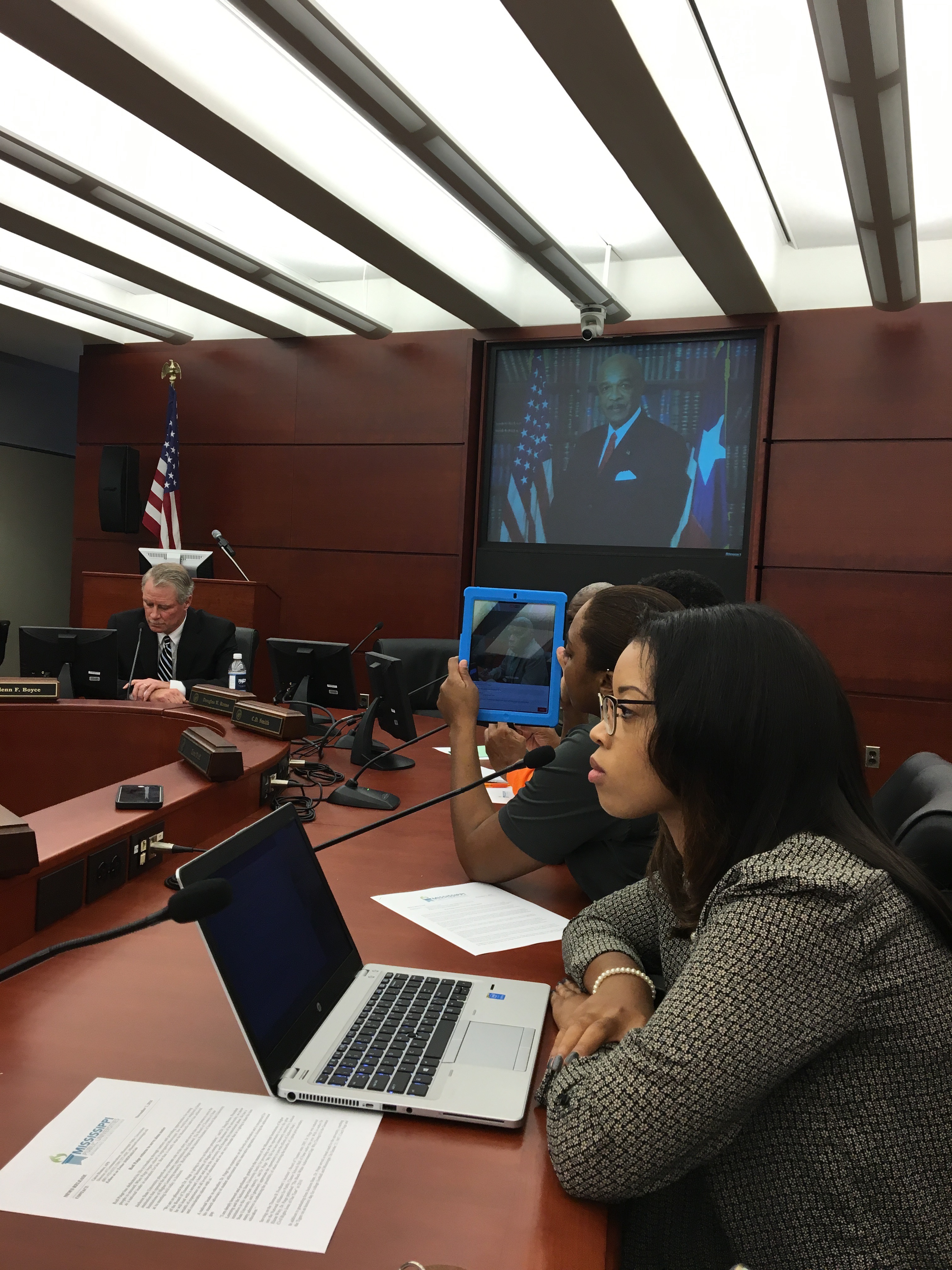

JACKSON, Miss. (AP) — Jackson State University will become the second of Mississippi’s three historically black universities to gain control of an endowment set aside in a desegregation lawsuit.
Higher Education Commissioner Glenn Boyce announced the transfer of $24.3 million at a Thursday meeting of the College Board.
“We will transfer the money to them immediately,” he said.
JSU became eligible for the funds this year, its third straight year with nonblack enrollment greater than 10 percent. The amount more than doubles Jackson State’s overall endowment. Recently hired Vice President for Institutional Advancement Anthony Holloman said JSU has about $15 million in its own endowment currently. The school was already receiving investment income from the endowment, and will still be barred from invading the principle. Investment income must be spent for academic purposes, including financial aid and faculty salaries.
“One of the major things at Jackson State is we want to continue to grow and be a diverse campus reflective of our state,” Holloman said. “Those dollars have allowed us to recruit the best and brightest students regardless of race,” he said.
The late Jake Ayers Sr. sued in 1975, citing inequitable funding for Mississippi’s three predominantly black universities. The case was settled in 2001, with the state committing more than $500 million to rectify the problems. So far, the state has contributed about $400 million, and contributions are beginning to taper off.
Under the terms of the settlement of the Ayers desegregation case, the state agreed to endow JSU, Alcorn State University and Mississippi Valley State University with a total of $70 million. So far, lawmakers have appropriated $55 million. The College Board is also supposed to raise a $35 million private endowment, but has only raised $1 million so far, despite multiple attempts to start a fundraising campaign.
Jackson State opened a campus in the predominantly white suburb of Madison in 2013. Holloman said that helped bring in more non-black students, but he said that other branches of the university have succeeded in diversifying enrollment as well, including the traditional undergraduate student body. He said online, night and weekend classes are also attractive to a diverse student body.
Holloman said control of the endowment would help solidify Jackson State’s own private fundraising. He said the school is working toward launching a capital fund drive and expanding its fundraising capability.
Alcorn State reached the 10 percent nonblack threshold and obtained investment control over its portion of the endowment in 2005. However, since then, its nonblack enrollment has fallen. Last year, the 6.4 percent of the school’s students were a race other than black, according to a College Board Report. Valley has never reached the threshold.
Mississippi’s historically white universities have become much more diverse. In recent years, a majority of black students attending the state’s eight public university campuses have attended historically white schools.




Be the first to comment